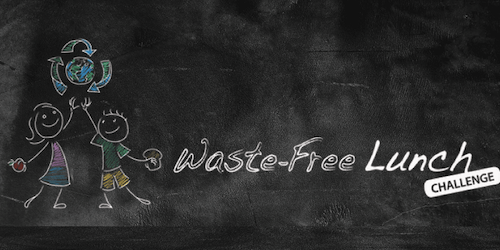
This is a Special Edition Chronicle in collaboration with CSA Group, a Champion Sponsor of the Circular Economy Month Campaign. This issue highlights the role of standards in supporting circularity across sectors such as plastics, agri-food, construction, and textiles.
Standards create shared language, technical compatibility, and trust and as such are critical to advancing a circular economy.
We are proud of our continued collaboration with CSA Group and the launch of this first Circular Economy Month, Special Edition Chronicle that focuses on the role of Standards and the work they’ve championed.
Jo-Anne St. Godard, Executive Director,
Circular Innovation Council

Standards can have an essential role in transitioning to a circular economy. On the heels of Circular Economy Month 2024, Circular Innovation Council, in collaboration with CSA Group is hosted a webinar to celebrate the launch of CSA R117, Plastics Recycling: Definitions, Reporting, and Measuring.
As a Plastics Thursday sponsor of Circular Economy Month, CSA Group supports activation of CIC’s Plastic Action Centre — an online resource that provides information and education on taking action on plastic waste. Developed in 2019, the tool includes an inventory of resources, news, information, policy, research and more.
While many organizations embrace circularity principles, adopting them in practice may come with some challenges. Standards can help remove these barriers. By establishing definitions and a common language for circularity, providing frameworks for measuring and reporting circular performance, and promoting the adoption of circular practices, they support the transition toward a more sustainable circular economy model.
The circular economy is often hailed as a key solution to reducing negative environmental impacts, but not all circularity pathways are inherently climate-smart. Despite reducing waste and promoting resource efficiency, some pathways can generate more greenhouse gas emissions than they save. CSA Group research helps navigate these complexities, outlining an evidence-based framework for assessing how circularity contributes to environmental goals.
Did you know that, on average, every Canadian household throws away $3,872 worth of food each year? Listen to the podcast with Catherine Tays, Strategic Initiatives Manager at CSA Group, to learn how standards can help measure and collect data on food waste and loss in Canada and establish a framework that is needed to better understand and tackle the challenge.
A adoption of circular economy methods can unlock significant opportunities for construction industry participants are significant. However, many barriers, including inconsistent terminology and regulatory and technical challenges, hinder the adoption of circularity in construction. CSA Group research offers ideas that can help overcome these barriers to help the industry move toward more sustainable practices.
Sourcing lithium (Li), rare earth elements (REE), and metals from waste can help reduce the negative impacts of the rising demand for these materials. However, many economic, environmental, health, safety, and governance barriers prevent a broader recovery and recycling of Li and REE from waste. CSA Group research examines how standards can help eliminate these barriers while promoting overall sustainability, as well as supply chain security and resilience.
Food containers that can be returned, cleaned, and reused offer a more sustainable alternative to single-use packaging. But are they adequately washed and sanitized? The new standard RES-002:25/CSA R303:25, developed in collaboration with PR3, provides requirements to support the safe washing, cleaning, and reuse of containers in reusable packaging systems.
With no standardized definition for plastics recycling, it was previously challenging to consistently measure, report, verify and compare recycling outcomes and compliance with established targets and policies. The standard CSA R117:24, Plastics recycling — Definitions, reporting, and measuring, supports removing this barrier by providing consistent requirements for plastics recycling measurement, advancing the transition to plastic circularity in Canada.
Nearly half of all food produced in Canada is estimated to end up in waste each year. However, inconsistency in measuring and collecting data makes it difficult to fully understand the challenge and develop effective reduction strategies. CSA Group research offers a roadmap for standardizing food loss and waste measurement in Canada to support mitigation strategies across the food supply chain.
We respectfully acknowledge that we live, work and play on the traditional territory of many Indigenous Nations and we humbly extend our respect to Indigenous individuals, communities and Elders, past and present, as the traditional custodians of this land.
Circular Innovation Council is a registered charity.
Charity Registration Number: 119112118 RR 0001